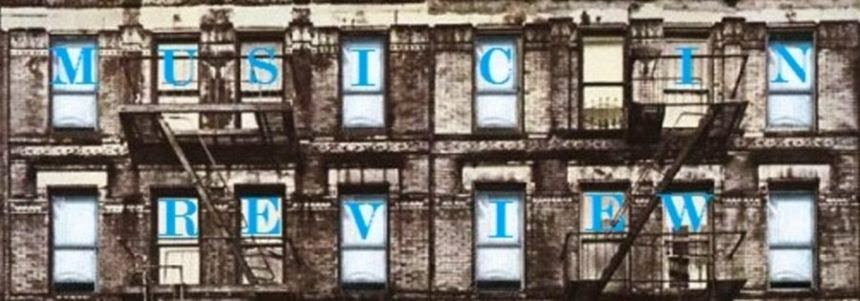I understand the negativity that followed The Who’s work past 1978’s “Who Are You,” surely it has everything to do with the death of drummer Keith Moon. Keith Moon is one of the greatest drummers of all time and arguably the very best. From 1978 to 1988 Kenney Jones would replace Keith Moon on drums, and in all respects Jones was a very good drummer, but he was not Keith Moon. Jones’ style was very different than Moons and not all fans could appreciate that, but also, he was not Daltrey, Townshend, and Entwistle’s friend, and while the band itself was excited to work with Jones at first, but eventually they would regard him with a level of indifference; The Who were never really the same and they could never replace Moon.
So happened; “Face Dances” (1981) and “It’s Hard” (1982).
These album were polarizing, positive reviews become controversial, negative reviews often leaned to heavily on nostalgic dreams of the past with Keith Moon. Even The Who are split on their opinion of their own later days work. Reviews of mediocrity for “Face Dances” were met with Daltrey stating that he was found on his work on it, and you know what I like it too. After all if nothing else, “Face Dances” gave us “You Better, You Bet,” and that song is wonderfully witty.
There are some noticeable changes from “Who Are You” to “Face Dances,” the rhythm section no longer has that wild animal like nature to it, but also the overall creative style is different, there is added level of funk, and we start seeing the transition of Townsend towards his future solo work and away from the classic rock of old Who. Still many things remained the same, after all three of the original members were still there, and one thing that always endeared The Who to me, and indeed everyone, was their sarcastic sense of humor and the joyful way they had of putting forth quick jabs at the world. In some ways a “love” song like “You Better, You Bet” captures The Who’s humours and fun side as well as some of their timeless classics that were written before with Moon; this song in particular has always stood out to me.
“You Better, You Bet” sort of sums itself up with the single first line of the chorus:
“When I say I love you, you say you better.”
What an exchange. This is a love song, surely it is, but it is also comedic, who would respond to being told they are loved in such a way? She responds with a demand and assumption to be loved. Someone with a sense and humor, that’s who, that’s the sort of person who talks like this.
The song “You Better You Bet” is so lively, a smooth mellow trip, of the best of feel good inspirations. It is songs like “You Better You Bet” that screw up the narrative that The Who were nothing without Keith Moon, not only is this a beloved song by Who fans, but it is also among their most recognizable and famous.
“You Better You Bet” has its place in the world or music largely as a fun joke, but there is something to the sarcasm and makes this punchy love rock song a lot more believable and therefore relatable. It is fantastically smart ass, but those of us who are smart asses, which is probably a high percentage of Who fans, this song can mean a lot more than more zealous love rock songs, or even just love songs. Romantic love is impressive, and perhaps awesome, but it is not real love, it is unobtainable, it is exaggeration and little more, it is fake love. Real love is being so comfortable with someone you can tease and challenge each other even when you are being serious, real love is staying together, sometimes real love is a fun joke. Fake romantic love will always dominate movies and music, but real love will always endear itself to us, and a song like “You Better You Bet” is a song about real love, which is one of many reasons it comes across as such a breath of fresh air; it is one of the greatest feel good songs ever.
Until next month keep on rocking in the free world.
- King of Braves




